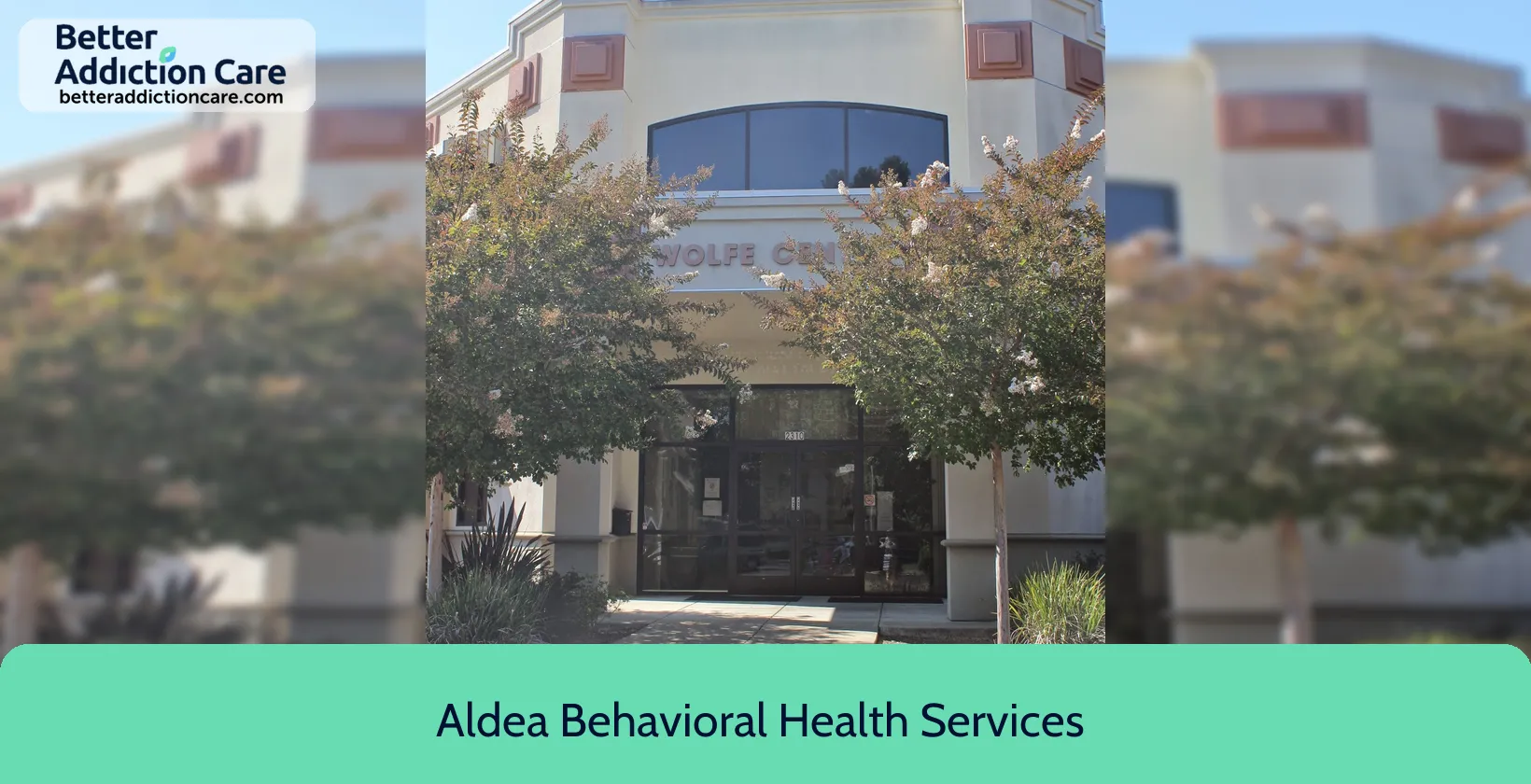Progress Foundation - Progress Place Crisis Program

Overview
Progress Foundation - Progress Place Crisis Program is an substance abuse treatment center that provides inpatient treatment for men and women from 18+ years of age. As part of their special programs, Progress Foundation - Progress Place Crisis Program treats clients who have experienced trauma. To help patients achieve sobriety, Progress Foundation - Progress Place Crisis Program provides intake assessments. Afterward, patients receive family counseling, individual psychotherapy, and cognitive behavioral therapy during treatment. Progress Foundation - Progress Place Crisis Program is located in Napa, California, providing treatment for people in Napa County, accepting county or local government funds, medicaid, and state corrections or juvenile justice funds.
Progress Foundation - Progress Place Crisis Program at a Glance
Payment Options
- County or local government funds
- Medicaid
- State corrections or juvenile justice funds
- State mental health agency (or equivalent) funds
- State welfare or child and family services funds
Assessments
- Comprehensive mental health assessment
- Comprehensive substance use assessment
Age Groups
- Adults
- Young adults
Operation
- Private for-profit organization
Highlights About Progress Foundation - Progress Place Crisis Program
6.74/10
With an overall rating of 6.74/10, this facility has following balanced range of services. Alcohol Rehabilitation: 8.00/10, Drug Rehab and Detox: 6.00/10, Insurance and Payments: 6.00/10, Treatment Options: 6.97/10.-
Alcohol Rehabilitation 8.00
-
Treatment Options 6.97
-
Drug Rehab and Detox 6.00
-
Insurance and Payments 6.00
Treatment At Progress Foundation - Progress Place Crisis Program
Treatment Conditions
- Mental health treatment
- Substance use treatment
- Co-occurring Disorders
Care Levels
- Hospital inpatient treatment
Treatment Modalities
- Family counseling
- Individual psychotherapy
- Cognitive Behavioral Therapy
- Dialectical Behavior Therapy
- Group counseling
Ancillary Services
Languages
- Sign language services for the deaf and hard of hearing
- Spanish
Special Programs
- Clients who have experienced trauma

Additional Locations
Get Help Now
Common Questions About Progress Foundation - Progress Place Crisis Program
Contact Information
Other Facilities in Napa

6.71

6.74
DISCLAIMER: The facility name, logo and brand are the property and registered trademarks of Aldea Behavioral Health Services - Wolfe Center, and are being used for identification and informational purposes only. Use of these names, logos and brands shall not imply endorsement. BetterAddictionCare.com is not affiliated with or sponsored by Aldea Behavioral Health Services - Wolfe Center.

